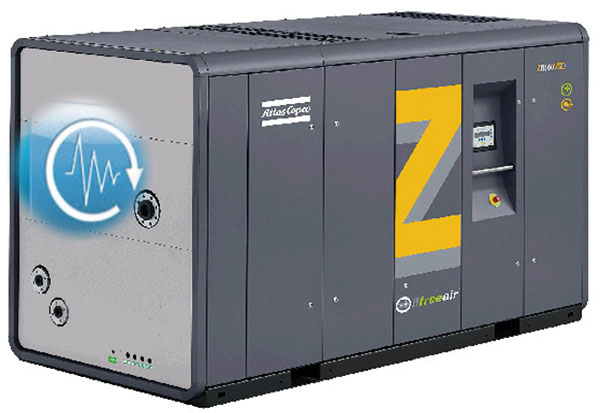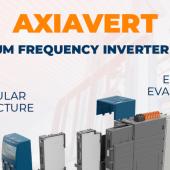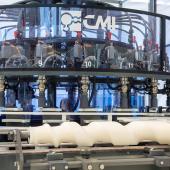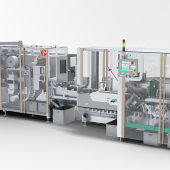Bountiful savings

With 50 years of experience under its belt, Ilpa - Ilip Division is a family-run company and one of Europe’s main producers of high quality thermoformed rigid plastic food packaging.
Advanced packaging, including in rPET
The commitment of Ilpa - Ilip Divison to the packaging sector is constant and targeted, following a number of basic drivers: developing and producing packaging solutions that guarantee added value for the products within by enhancing the recognizability of customer brands; helping to reduce food waste and enhancing safety and ease of use for the consumer.
Ilip is the final step of Ilpa r-PET vertical integration, and is among the very few companies worldwide to manage the r-PET supply chain from post-consumer waste to thermoformed food packaging securing its origin and traceability. Ilip washes, selects and grinds the post-consumer bottles, before extruding rPET flakes and thermoforming them into sheets. The concern exports its products to over 50 countries and has a consolidated presence on every continent.
Compressed air: motivations behind a partnership. 90% of the compressed air consumed by Ilip is used of food plastic forming lines, necessitating oil-free air; the remaining 10% is used at the plant for the most common purposes.
As part of efforts to rationalize energy resource management, the firm has found in Atlas Copco a viable partner, relying on experience gained in the supply of eight oil-free 200 kW ZR 200 compressors, with on/off switch and 4 dryers, which are already operational at the Bazzano production facility (BO).
Ilip was looking for a backup installation, assessing the opportunity of introducing a variable speed machine. The firm also wished to be able to predict and/or identify inappropriate functioning conditions in the modules and exercise precise control of compressed air consumption in order to better manage it. In response to these necessities, Atlas Copco developed a preliminary energy analysis called MB lite in which the software calculated the range of the compressors (using their nominal range values) according to electric functioning over the course of one week, identifying the facility’s air consumption.
Subsequently, a simulation was made keeping 7 compressors and replacing the eighth one with a larger machine, a ZR400 VSD (400 kW variable speed).
The comparison of the original setup and the simulation revealed an energy saving of 2636 kWh/week, which at 48 weeks/year x 0.13 euro/kWh, amounts to some 17,000 euro a year.
From energy audit to supply. In order to optimize management of the site, Ilip also asked Atlas Copco to assess the opportunity of adding an electronic switchboard for total system control and consumption optimization.
In order to respond to this request and certify the range values, Atlas Copco conducted an energy audit, also lasting one week, called Airscan, measuring actual ranges. The audit also made it possible to estimate the possible energy savings when using an ES 360 switchboard, which would manage the functioning of the 8 compressors through a particular algorithm.
After measuring the pressure gradient, the switchboard then estimated the system capacity requests minute by minute. As it learned the performance curves of the machines, it decided which to activate, also in light of work hour distribution.
Furthermore, the switchboard prevents machine stops thanks to remote monitoring of the functioning compressors with corresponding alarms and messages.
A further advantage lies in the reduction of average pressure in the network from 6.5 bars to 6 bars, representing another energy saving compared to the traditional setup of cascading according to pressure, while still safeguarding the minimum required pressure.
In such a way, the simulated addition of the VSD compressor and the ES360 switchboard brought the annual saving from 17,000 up to 50,000 euro a year, convincing the firm to purchase the “winning combination”: compressor and switchboard.

















